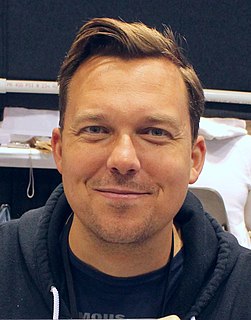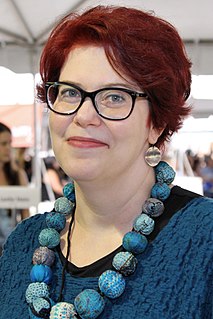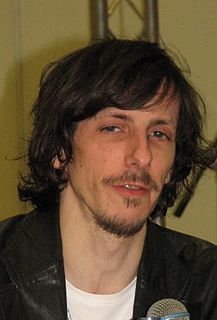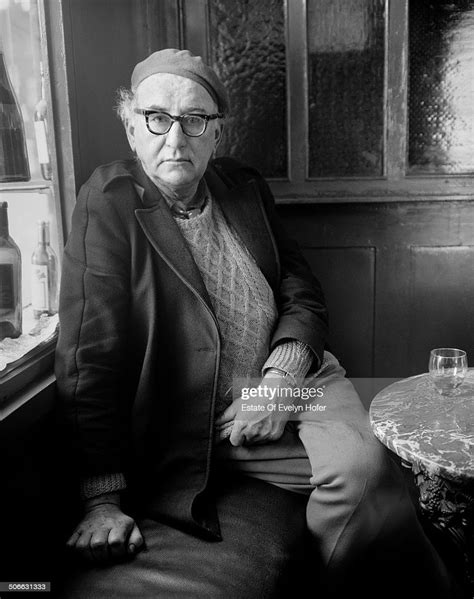A Quote by Teju Cole
Sebald, Naipaul, and Joyce are three of my biggest influences, all of them for their formal freedom and their ability to create mood. So those comparisons are immensely flattering and, of course, unearned.
Related Quotes
But yeah, a lot of people compare me to Magic. The physical appearance, the tall point guard, the ability to pass the ball. But comparisons are one thing, it's up to me to go out and play my game, get those wins, those championships, that's the only way those comparisons can get closer, but he's a legend.
Mann and Joyce are very different, and yet their fiction often appeals to the same people: Harry Levin taught a famous course on Joyce, Proust, and Mann, and Joseph Campbell singled out Joyce and Mann as special favorites. To see them as offering "possibilities for living", as I do, isn't to identify any distinctive commonality. After all, many great authors would fall under that rubric.
Aided and abetted by corrupt analysts, patients who have nothing better to do with their lives often use the psychoanalytic situation to transform insignificant childhood hurts into private shrines at which they worship unceasingly the enormity of the offenses committed against them. This solution is immensely flattering to the patients -- as are all forms of unmerited self-aggrandizement; it is immensely profitable for the analysts -- as are all forms pandering to people's vanity; and it is often immensely unpleasant for nearly everyone else in the patient's life.
The censors have always had a field day with James Joyce, specifically with 'Ulysses,' but also with his other writings. The conventional wisdom is that this is because of sexually explicit passages (and there certainly are those). I have always thought that what the critics hated and feared about Joyce is his cry for human freedom.
There are only three kinds of people. LEADERS. Those who take charge, build, inspire, and create. FOLLOWERS. Those who support leaders and work to achieve mutually beneficial goals.... [and] DESTROYERS. Destroyers cannot find it within themselves to follow anyone, their hatred and insecurity is too pure to see strength in any OTHER being. The utterly lack the ability to inspire or create, so they do the only thing left to them -- they tear down all they come in contact with.
The similarity is that concentration of capital influences virtually everything that goes on. It influences the way the media functions, it very powerfully influences how the government works and it of course influences corporate sector elements, like say how Google or Amazon present materials that reach the public.
There are those, of course, who claim we must give up freedom in exchange for economic progress. Well, pardon me, but anyone trying to sell you that line is no better than a three-card-trick man. One thing becoming more clear every day is that freedom and progress go hand in hand. Throughout the developing world, people are rejecting socialism because they see that it doesn't empower people, it impoverishes them.
The mathematics clearly called for a set of underlying elementary objects-at that time we needed three types of them-elementary objects that could be combined three at a time in different ways to make all the heavy particles we knew. ... I needed a name for them and called them quarks, after the taunting cry of the gulls, "Three quarks for Muster mark," from Finnegan's Wake by the Irish writer James Joyce.





































